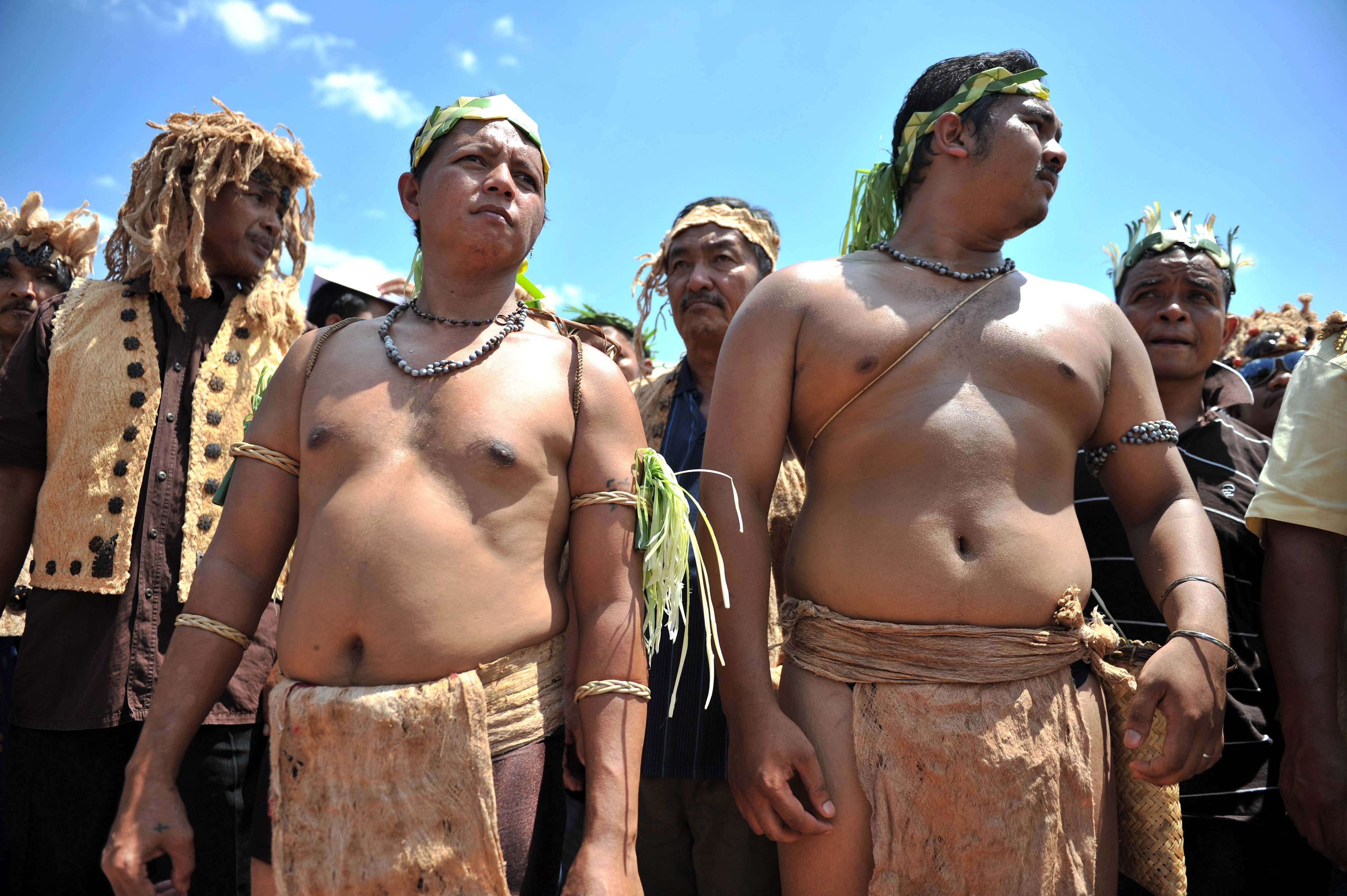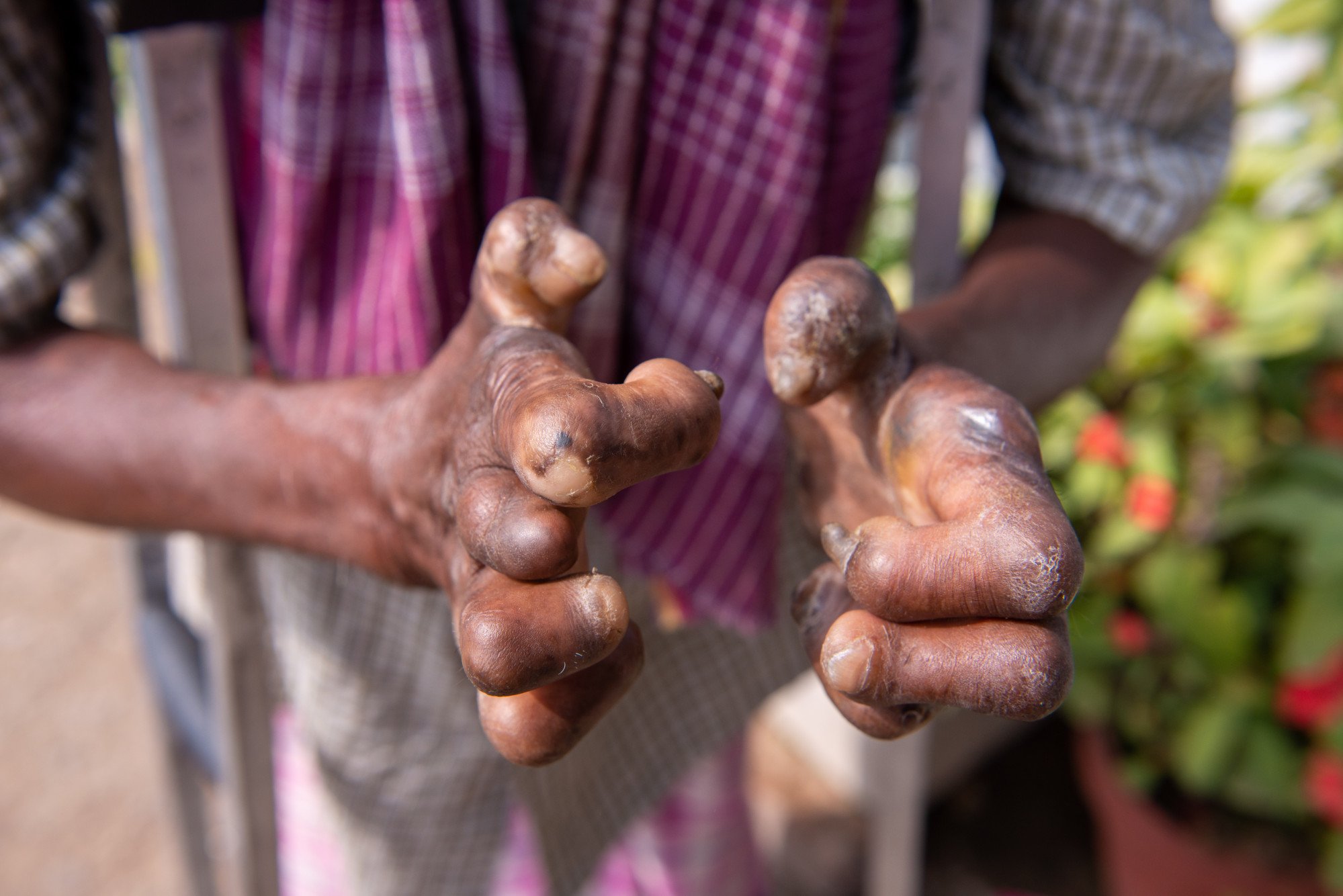Mistrust of Malaysian healthcare among Orang Asli minority grows after teen’s leprosy death
The Orang Asli community is seeking answers after a teenager’s preventable leprosy-related death

An indigenous minority group in Malaysia is experiencing profound grief and seeking answers after the death of an 18-year-old from leprosy after receiving public healthcare, highlighting the ongoing mistrust between the Orang Asli community and the government.
Numbering around 200,000 people, the Orang Asli – which roughly translates to Original People in Malay – are a loose coalition of 18 indigenous tribes living in villages across most states in the peninsula, primarily near national parks or forest reserves.
But their struggle to uphold generational hunter-gatherer traditions, along with a deep understanding of jungle medicinal herbs, has largely excluded them from mainstream access to education, power and clean drinking water. They also face regular conflicts over land ownership due to government and business expansion into forested areas.
A recent outbreak of leprosy in two Orang Asli villages in the southern state of Negeri Sembilan brought these issues back into stark focus, with the family of the 18-year-old victim questioning how she could have died from the disease.
“The girl did not die of leprosy. Nobody in this day and age dies of leprosy,” Colin Nicholas, founder of the Centre for Orang Asli Concerns (COAC), told This Week in Asia.
The Negri Sembilan state government said the victim died on February 10 after suffering from fever for a week after contracting the disease.
Eight others were also infected in the Chergun and Guntur Orang Asli villages – both of which were placed under quarantine.

A copy of the death certificate seen by This Week in Asia listed liver failure as the girl’s cause of death.
Nicolas said the family had sent the girl for treatment at a state hospital in nearby Kuala Pilah, after discovering what they thought was a fungal infection on her skin.
The doctor scraped the infected areas clean and prescribed medication. The girl died several days later, according to the family.
The Negri Sembilan state government did not immediately respond to a request for comments.
Last Tuesday, Tengku Zamrah Tengku Sulaiman, the state’s executive councillor in charge of health, told the state assembly that the leprosy outbreak was under control.
“Currently, the district health office has conducted screenings for villagers and follow-up treatment for leprosy patients is ongoing. The situation in the villages remains under control,” Tenku Zamrah said.
It gave the Orang Asli a very bad image, as if they are dirty and don’t take care of themselvesColin Nicholas, Orang Asli activist
Activists acknowledged there was an outbreak, but added that the government’s statements suggest the Orang Asli were solely to blame for the spread of the disease – feeding into the perception that they are uneducated and uncivilised.
“It gave the Orang Asli a very bad image, as if they are dirty and don’t take care of themselves,” Nicolas said.
“The government’s statements do not address the issue. The State government must reconcile what they said about the cause of death and carry out an investigation and thorough inquiry.”
Leprosy has been all but eradicated in Malaysia, with 66 cases detected over the January to May period last year, according to the latest available data compiled by local varsity Universiti Putra Malaysia.
Left untreated, it could cause physical deformity and disability, according to the World Health Organization.